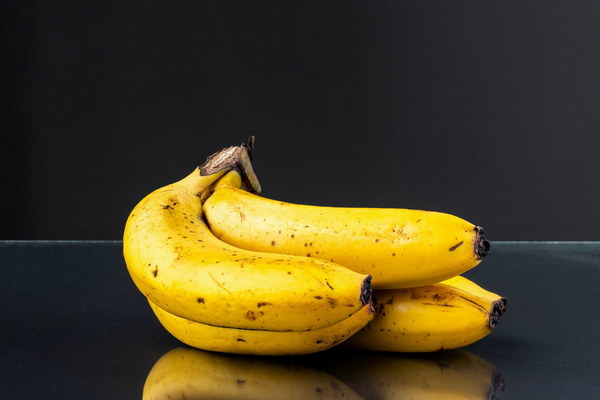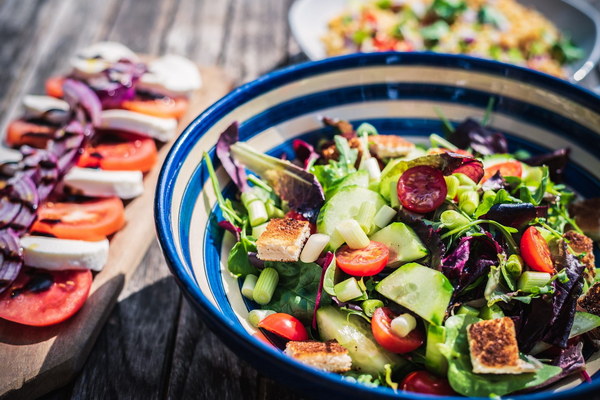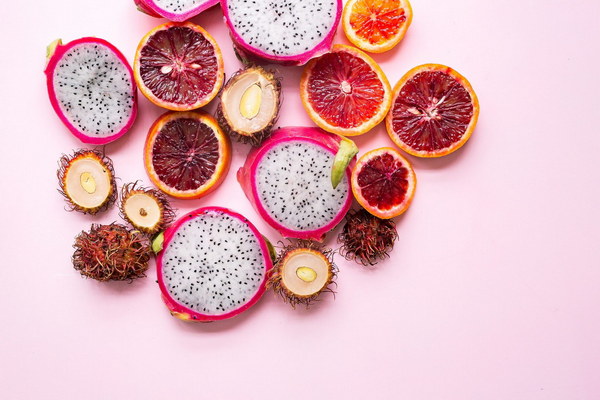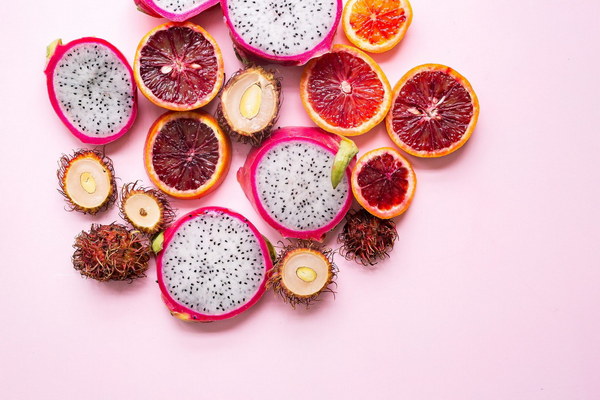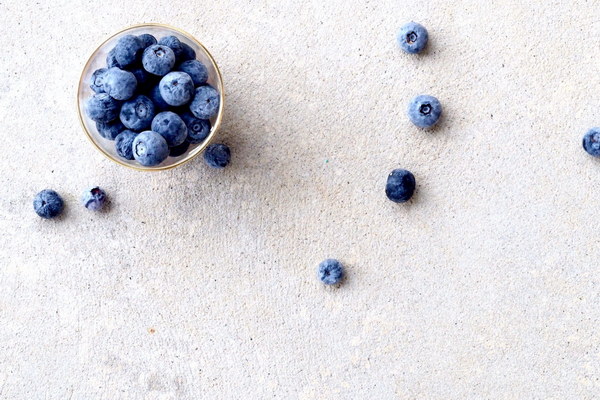Harmonizing Heart and Spleen A Delightful and Nutritious Diet Plan for Balanced Wellbeing
In the pursuit of holistic health, it is crucial to not only nourish the heart but also take care of the spleen. These two vital organs play a significant role in maintaining our physical and mental well-being. A balanced diet that caters to both the heart and spleen can provide numerous benefits, including improved digestion, enhanced mood, and increased vitality. This article presents a delightful and nutritious diet plan that aims to harmonize heart and spleen function.

I. Introduction
The heart and spleen are closely connected in Traditional Chinese Medicine (TCM). The heart is responsible for blood circulation, which supplies oxygen and nutrients to all parts of the body. Meanwhile, the spleen is responsible for transforming food into energy and managing fluid balance. When these organs are working together harmoniously, our bodies can function optimally. On the other hand, when they are out of balance, we may experience fatigue, digestive issues, and mood swings.
II. Foods That Nourish Both the Heart and Spleen
To nourish both the heart and spleen, we should focus on incorporating the following foods into our diet:
A. Foods Rich in B Vitamins
B vitamins, such as niacin, riboflavin, and folate, are essential for heart health and can also help improve mood. Some excellent sources of B vitamins include:
1. Whole grains
2. Legumes
3. Nuts and seeds
4. Green leafy vegetables
5. Fortified cereals
B. Foods High in Iron
Iron is crucial for the heart and spleen, as it helps transport oxygen throughout the body. Foods rich in iron include:
1. Lean red meat
2. Poultry
3. Fish
4. Shellfish
5. Legumes
6. Dark leafy greens
7. Fortified cereals
C. Foods with Antioxidant Properties
Antioxidants can help protect the heart and spleen from oxidative stress. Some foods high in antioxidants include:
1. Berries
2. Dark chocolate
3. Green tea
4. Tomatoes
5. Cruciferous vegetables (e.g., broccoli, cauliflower)
D. Foods with Probiotics
Probiotics can promote a healthy gut, which is essential for spleen function. Foods rich in probiotics include:
1. Yogurt
2. Kefir
3. Sauerkraut
4. Kimchi
5. Miso
III. Sample Diet Plan
To ensure you're getting a balanced diet that nourishes both the heart and spleen, consider the following sample diet plan:
Day 1:
Breakfast: Oatmeal with fresh berries and a handful of nuts
Lunch: Grilled chicken salad with dark leafy greens, cherry tomatoes, and avocado
Snack: Greek yogurt with a drizzle of honey
Dinner: Brown rice with stir-fried tofu and broccoli
Day 2:
Breakfast: Scrambled eggs with spinach and whole-grain toast
Lunch: Quinoa salad with chickpeas, cucumber, and cherry tomatoes
Snack: A handful of almonds and an apple
Dinner: Baked salmon with roasted asparagus and quinoa
Day 3:
Breakfast: Muesli with milk and a handful of dried fruit
Lunch: Lentil soup with a side of whole-grain bread
Snack: A small bowl of kefir with a sprinkle of cinnamon
Dinner: Chicken curry with coconut milk and brown rice
IV. Conclusion
By incorporating a variety of heart and spleen-nourishing foods into your diet, you can support the harmonious function of these vital organs. This delightful and nutritious diet plan offers a balanced approach to nourishing both the heart and spleen, ultimately leading to improved overall well-being. Remember to consult with a healthcare professional before making any significant changes to your diet.


